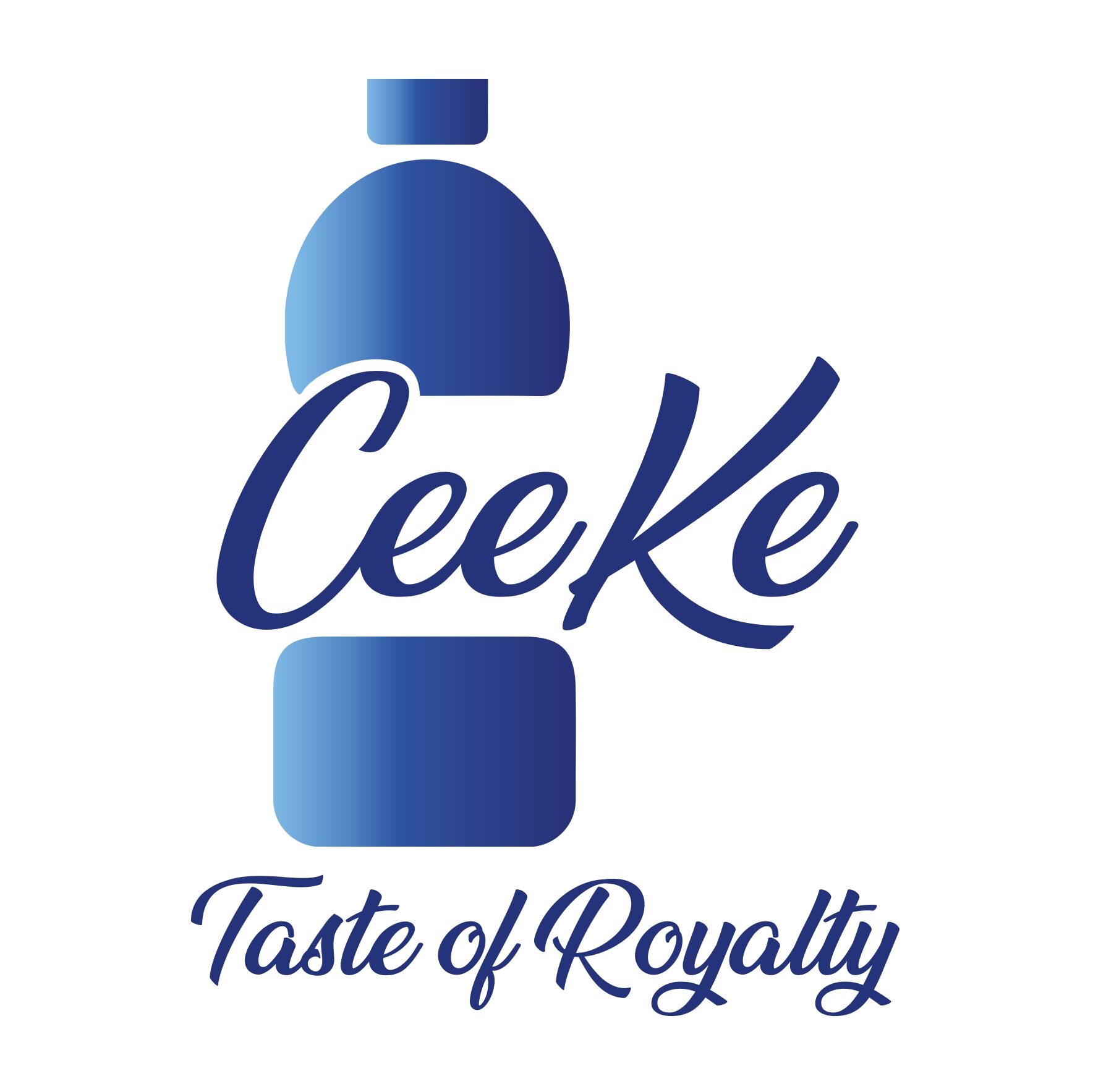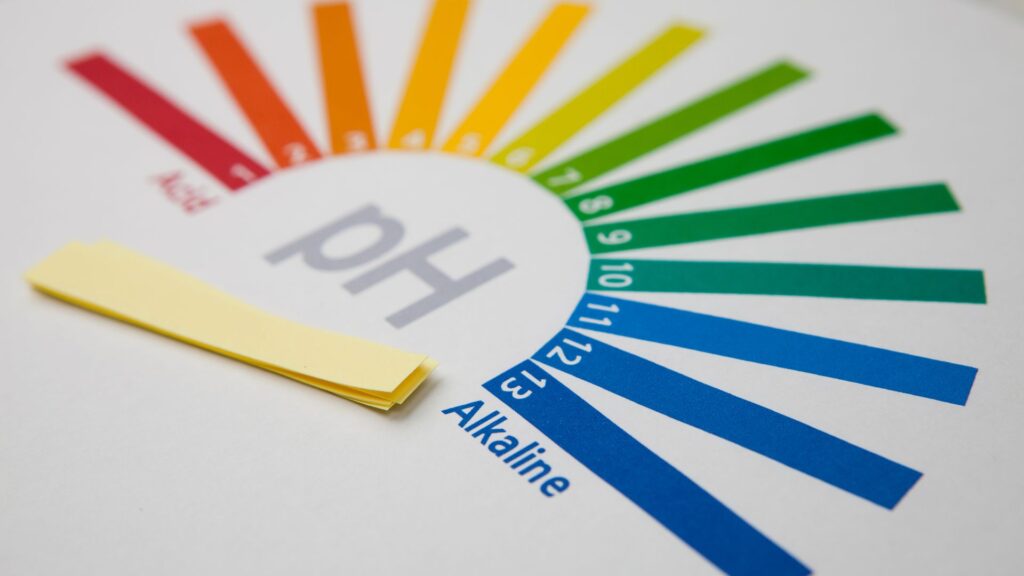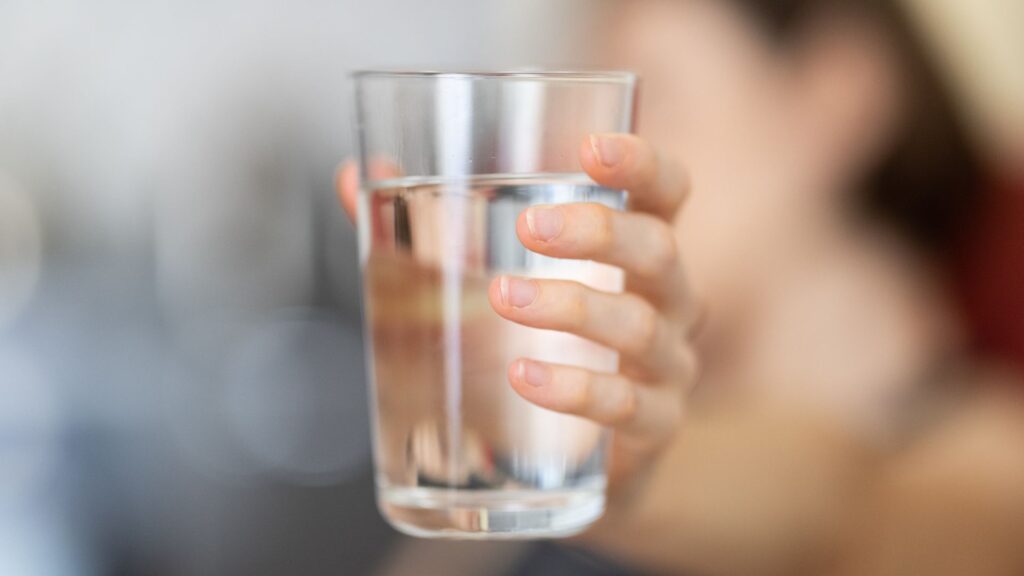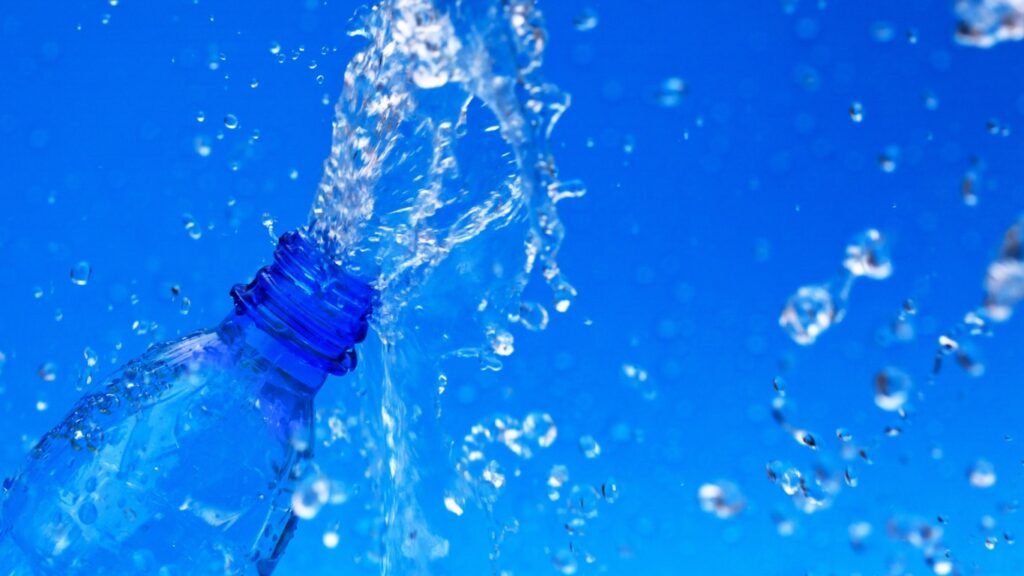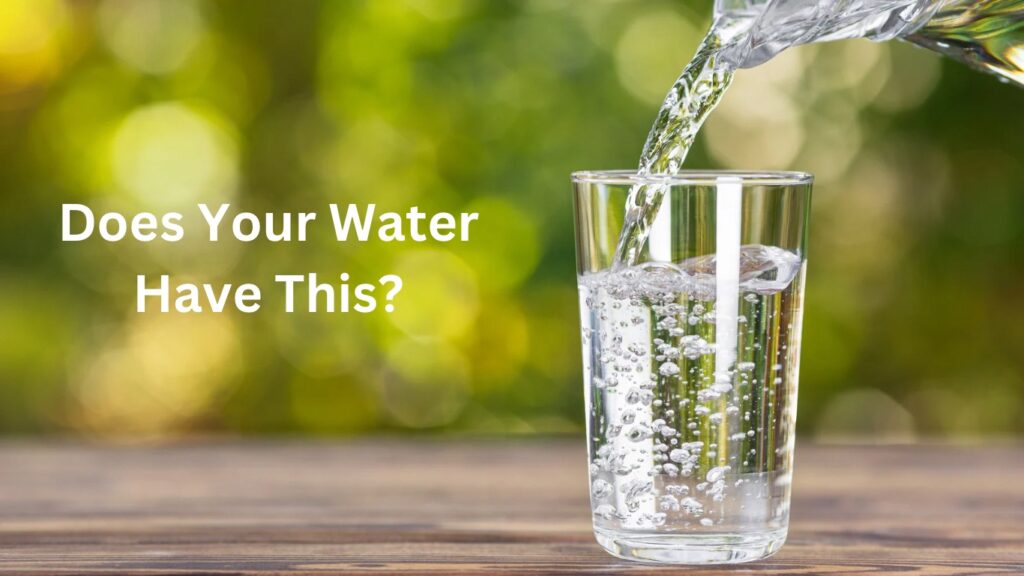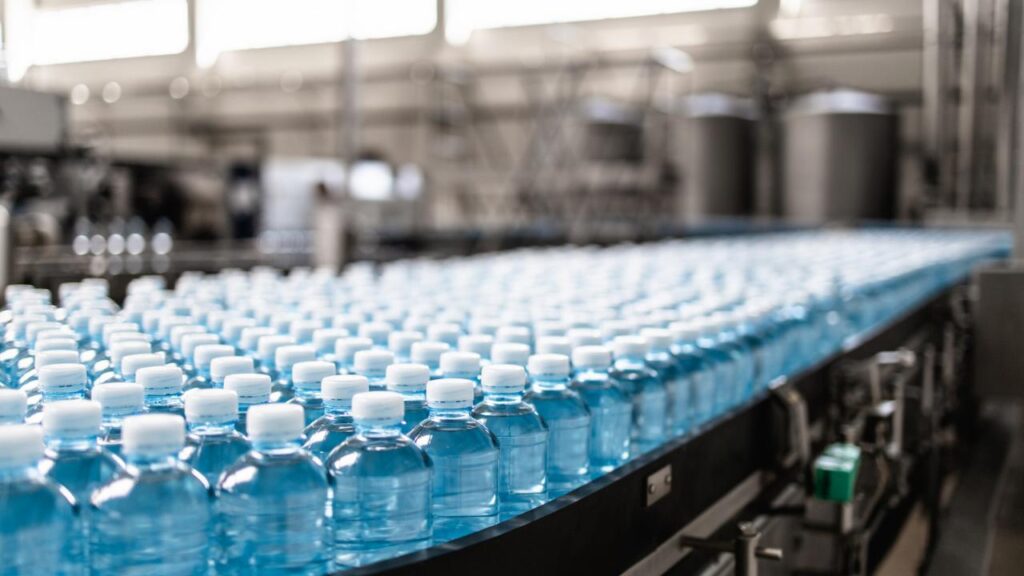Why Should You Switch to Mineral Water for Daily Use? The Benefits No One Talks About
Many people believe mineral water is only for travel, offices, or events. But the truth is that mineral water should be part of daily life because it provides a level of purity, consistency, and health benefits that normal tap or filtered water often cannot match. With increasing water quality issues across India, choosing a reliable mineral water like Ceeke Mineral Water for everyday use ensures your family gets safe hydration with essential minerals. This blog explains why switching to mineral water daily can make a real difference in health, safety, taste, and overall lifestyle. The Growing Need for Safe Drinking Water in Daily Life Urban and rural water sources today face multiple challenges: Filtered water quality depends heavily on maintenance, filter age, and water source. Mineral water, however, is produced in a controlled environment with multiple purification layers, making it more reliable for daily consumption. The Hidden Benefits of Mineral Water People Ignore 1. Essential Minerals Your Body Needs Mineral water contains natural or added minerals like: These support bone health, muscle function, hydration, and digestion. Regular filtered water usually removes these important minerals. 2. Perfect Taste and Consistency The right balance of minerals gives water a smoother taste. Ceeke Mineral Water maintains a consistent TDS level that enhances drinkability and supports proper hydration. 3. Zero Contaminants Mineral water goes through strict purification processes: This ensures no bacteria, viruses, heavy metals, pesticides, or harmful chemicals remain in the water. 4. Better Hydration Mineral-rich water hydrates better than demineralized RO water because minerals help water absorb into cells. Regular RO water can lead to dullness, fatigue, and dehydration over time. 5. Safe for All Ages Mineral water is suitable for: Its balanced mineral content makes it ideal for daily use. Why Filtered Water Isn’t Always Reliable 1. Depends on Source Water If the municipal supply is contaminated, even RO systems struggle. 2. Maintenance Fluctuates Quality Old filters, dirty membranes, and clogged pipes mean unsafe water. 3. Loss of Essential Minerals RO systems remove 90 percent of natural minerals. 4. No Standardization Every home’s water tastes and feels different due to inconsistent purification. Mineral water like Ceeke ensures uniformity and safety with every bottle. Why Ceeke Mineral Water Is the Better Choice for Daily Use Ceeke Mineral Water stands out because it offers: This makes Ceeke a trusted brand for families, businesses, and individuals who prioritize clean, safe, and healthy drinking water. Switching to Mineral Water: A Smart Lifestyle Upgrade When you choose Ceeke Mineral Water for daily use, you choose: It is a small change with big benefits. Final Thoughts Mineral water is no longer just a convenience product; it has become a daily essential. With rising contamination levels, unreliable tap water, and inconsistent RO performance, using mineral water daily ensures safety, health, and peace of mind. Ceeke Mineral Water delivers purity, minerals, and trust in every bottle, making it a smart choice for those who value quality. Switching to mineral water for daily use is a simple decision that brings long-term benefits to your health and wellbeing.
Why Should You Switch to Mineral Water for Daily Use? The Benefits No One Talks About Read More »
